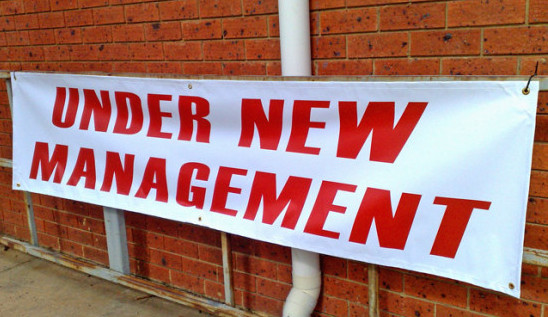
It is all too easy to make incorrect assumptions when stores change hands. In today’s post we’ll explore six of them, then discuss ways to keep them from harming your products and brand.
As a recent article in Entrepreneur notes, there is no guarantee that past customers will continue to buy after new owners arrive on the scene. It takes special outreach and effort to make sure that they will not take their business elsewhere after owners they have liked go away.
In most cases, buyers who already own a number of stores will be smart and attentive owners. In fact, their success in running the stores they already own has enabled them to acquire additional businesses. They’ll probably hire top-notch managers, implement systems to monitor store operations, and do what it takes to succeed.
The fact is, there is no guarantee that will happen. If a younger buyer only wants to keep a store for several years and then sell it, it is unlikely that he or she will invest in expensive upgrades.
Sometimes families do staff their stores with relatives who are there to build the family enterprise through “sweat equity.” But that doesn’t always happen. If the buyers are capable retailers, they will recognize the competitive advantage of having top-notch salespeople on the floor – or make sure the relatives who work in the store are well-trained sales professionals.
The old owner was instrumental in bringing your products into the store, true. And he or she was probably committed to your success. But that doesn’t mean that your products have to fall behind others that the new owner intends to bring on board. In fact, yours could be one of the factors that attracted the buyer to the store.
Smart buyers do a good job of selecting stores to buy. They investigate the books, consider the competition posed by other stores in the area, and perform other “due diligence” steps to make sure they are making a good investment. Nonetheless, it can be a mistake to assume that a new buyer has turned up all the problems or flaws in an existing store. For example, perhaps he or she missed the fact that the previous owner was taking money “off the books” or that a big-box store is about to move into the area and draw away current customers.
Here are some simple steps to take to be sure that your relationship with a new owner starts on a realistic foundation and that your products remains a top priority too . . .
If you learn all you can about the new owner and get involved, the sale of a store can be a valuable opportunity to strengthen your brand and your sales – a catalyst for greater success.
